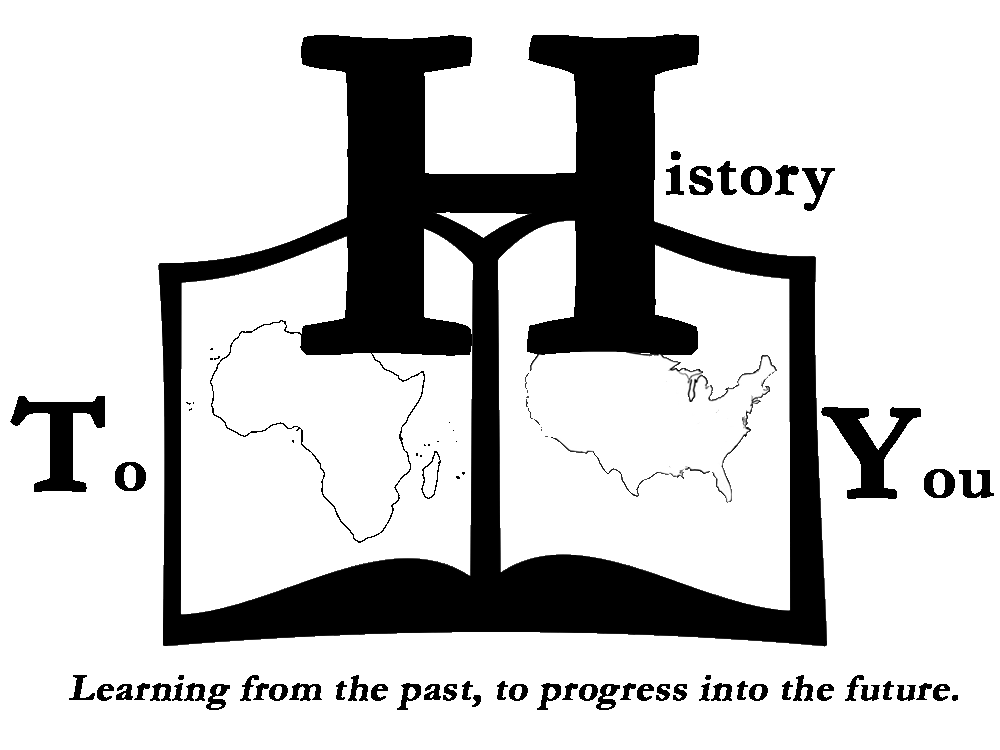
Courses/Lectures
Each of the 34 courses available can be enrolled in individually, or in packages. Each course is an approximately 1-hour session that consists of the opportunity for the students to interact with the associated artifacts, and a discussion exercise tailored for your specific class in accordance with your teacher's curriculum/recommendations. If the Course List below doesn’t fit your needs, we can work together to develop the presentation you desire – from control of the discussion topics to selection of items to be presented.
Heart Still Beating: Black Poetry after Harlem
Black poetry in America was more than Dunbar and the Harlem Renaissance. After the Renaissance, Black poetrs continued to serve as a voice of the revolution as poets and writers like Gwendolyn Brooks, Nikki Giovanni, Leroi Baraka, the Last Poets and Maya Angelou and others picked up the torch from the Renaissance and charged forward. With more than a dozen books, letters, awards and other items from these poet activists, we can hear their call for justice and their expression of Black pride and beauty.
Artifacts: Signed 1st Edition Books by Maya Angelou, Nikki Giovanni, Gwendolyn Bennett, and Amiri Baraka (LeRoi Joines), along with 1st Edition Copy of Poetry by H. Rap Brown.




Blacks, Gwendolyn Brooks, 1988 - Gwendolyn Brooks was a poet and short story writer of tremendous talent, and along with Nikki Giovanni, Maya Angelou, Sonia Sanchez and others embodied the emergence of the powerful black female writer, building upon the legacy of Jessie Fausett, Zora Neale Hurston and Lorraine Hansberry, to name a few. This book, Blacks, published in 1988, is an anthology containing poems and stories by Brooks spanning 30 years. This particular copy, a 1st Edition, is signed by Gwendolyn Brooks on the inside.
The Women and the Men, Nikki Giovanni (1st Edition), 1975 - Other than Maya Angelou and Gwendolyn Brooks, Nikki Giovanni has reigned as one of the most popular African-American female poets of the last 100 years. Her writings during the late 1960s and early 1970s reflected the Black Power Movement and the since of pride developed at that time. This work, The Women and the Men, was written at the beginning of the decline of the movement, and is a work of the common woman and common man in which she is able speak to the potential greatness in everyone while capturing the spirit of a movement in which she played center stage with her works.


